Solar Panels. Free energy from the sun
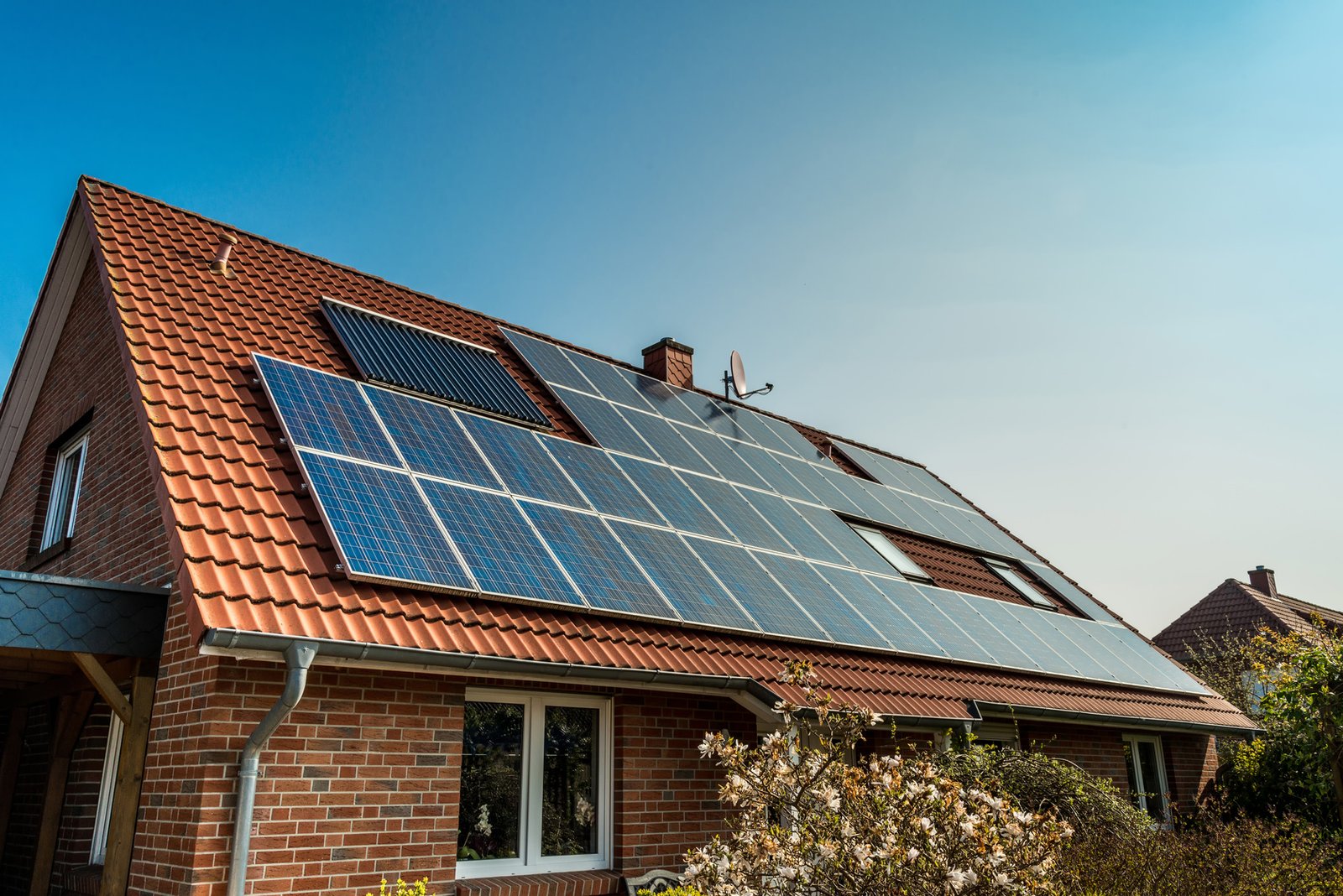
Have you ever imagined the possibility of using the sun as a source of energy to power your home? I am sure you have! You will be surprised to know that solar cells have been commercially available since the 1950`s but its basic working principles were first discovered more than 160 years ago. Since then, the technology has evolved and is becoming ever more popular as costs decrease and the potential for homeowners to save money on bills and earn income from exported energy increases. Furthermore, with the introduction of backup battery storage it is possible to use energy from the sun even at night!

Solar cells absorb the light from the sun and transform it into direct current (DC) electricity. This type of electricity is not appropriate for use within your home fixtures and appliances, so it has to pass through an inverter, which will convert the DC electricity originated from the solar panels into alternating current (AC) electricity that can be used in your home. A meter will measure the amount of electricity your solar system produces during the day and the current will be directed to a switchboard that will distribute the electricity to various areas of your home. The excess electricity will be exported to the grid or stored in batteries for later use.

There are several types of solar panels available in the market and they can be installed in different areas of a building. The most common option for homes is roof mounted photovoltaic (PV) panels. Roof PV panels are normally composed of the more traditional polycrystalline, monocrystalline or all black cells, which will vary in price and efficiency. But nowadays they can also come in many different colours, such as red or grey to blend in with your roof. This is particularly helpful in conservation areas where traditional PV panels would stand out and therefore suffer planning objection.
You can also find solar cells that are integrated to clear or tinted glass to create a transparent look and allow sunlight in. Those can be used in skylights, canopies, pergolas and more!

Solar panels are getting cheaper and cheaper as well as more efficient every year and even if the initial investment is significant it is normally recovered during the lifetime of the system. By installing PV panels you can save on energy bills and also earn income from the Feed-in Tariff (FITs) scheme. The savings and income you can get from your roof mounted PV panels will depend on the size, shape and orientation of your roof, shading from adjacent elements, the location of your home and whether you have a backup battery storage.
In order to make the most out of your PV panels they should ideally be placed at no more than 10 degrees from the south but up to 30 degrees would still provide an acceptable amount of energy. They should not be overshadowed by any surrounding element and be kept at good cleaning condition, as this will affect their ability to absorb solar energy. Another important aspect to take into consideration is the pitch of your roof; the best efficiencies are achieved on 30-40 degree pitched roofs. The energy saving trust has developed a great tool that you can use to calculate your potential energy savings and income earned with FITs during the lifetime of your system. You could save around £300/year on average in the UK!

Have a look at the available space you have on your roof for the installation of PV panels and consider the costs and savings you can achieve, you may realise that not only you can save on your bills but you can also earn some extra income while helping to save the planet. Put those panels up and Green It Yourself…Now!


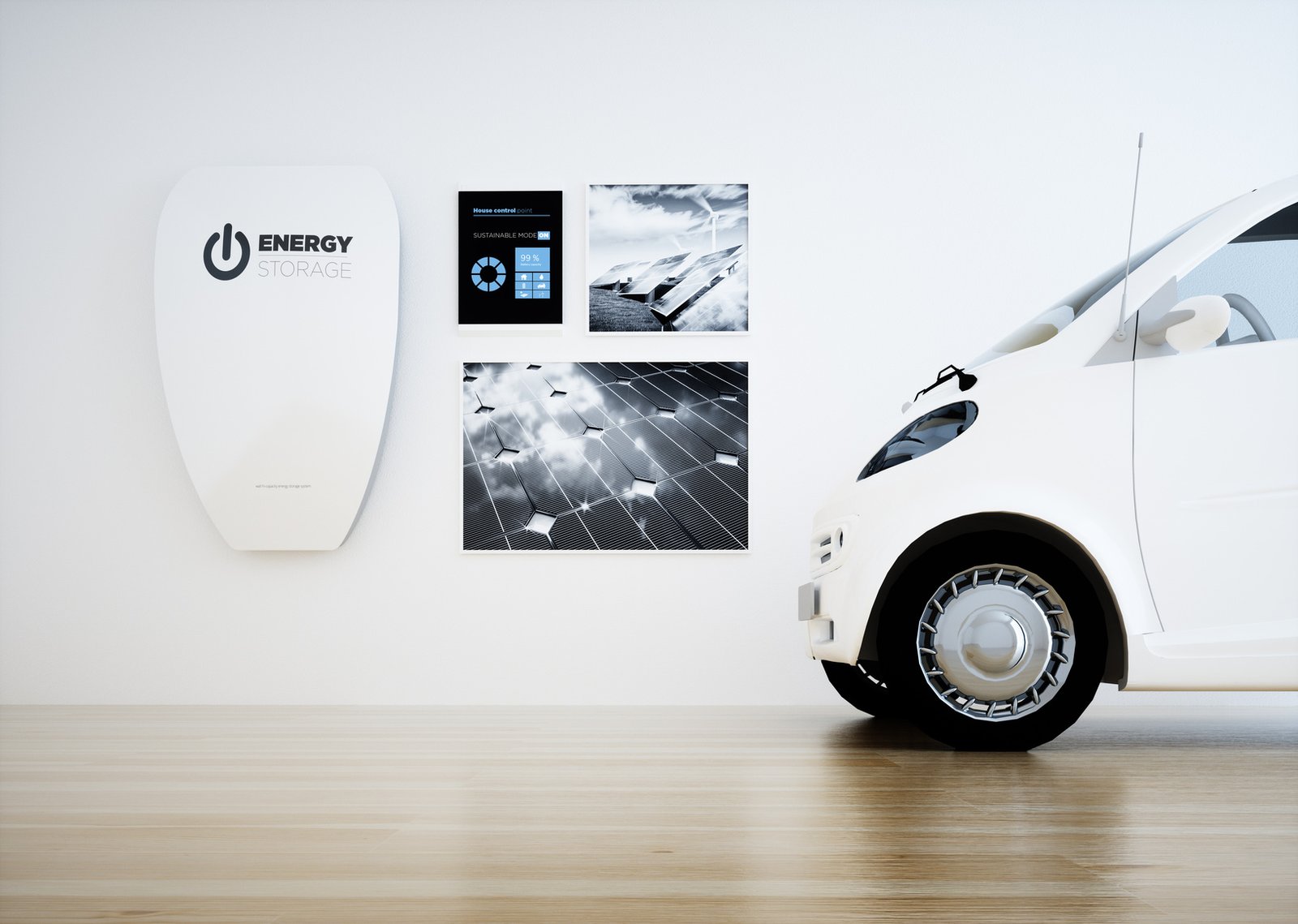
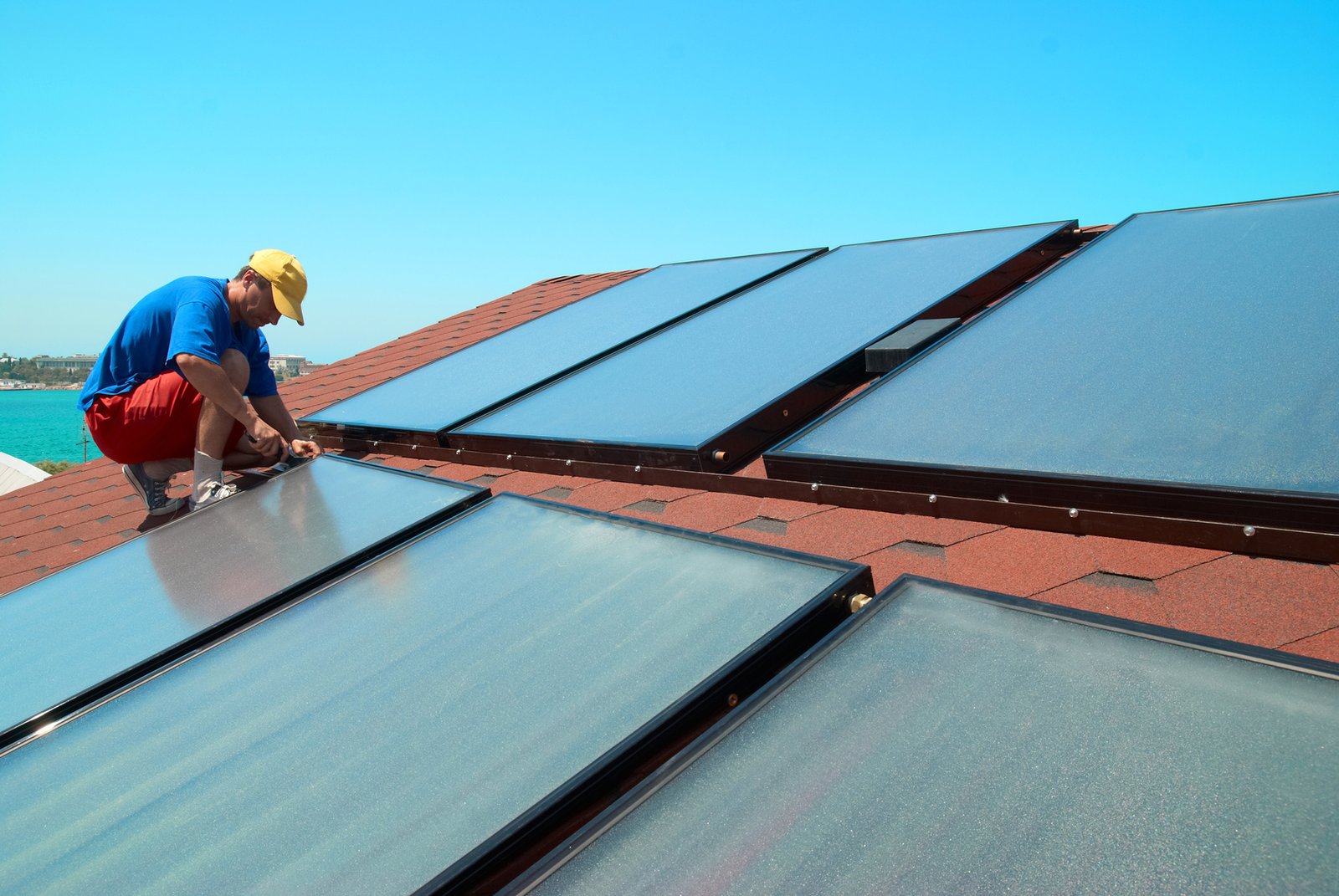
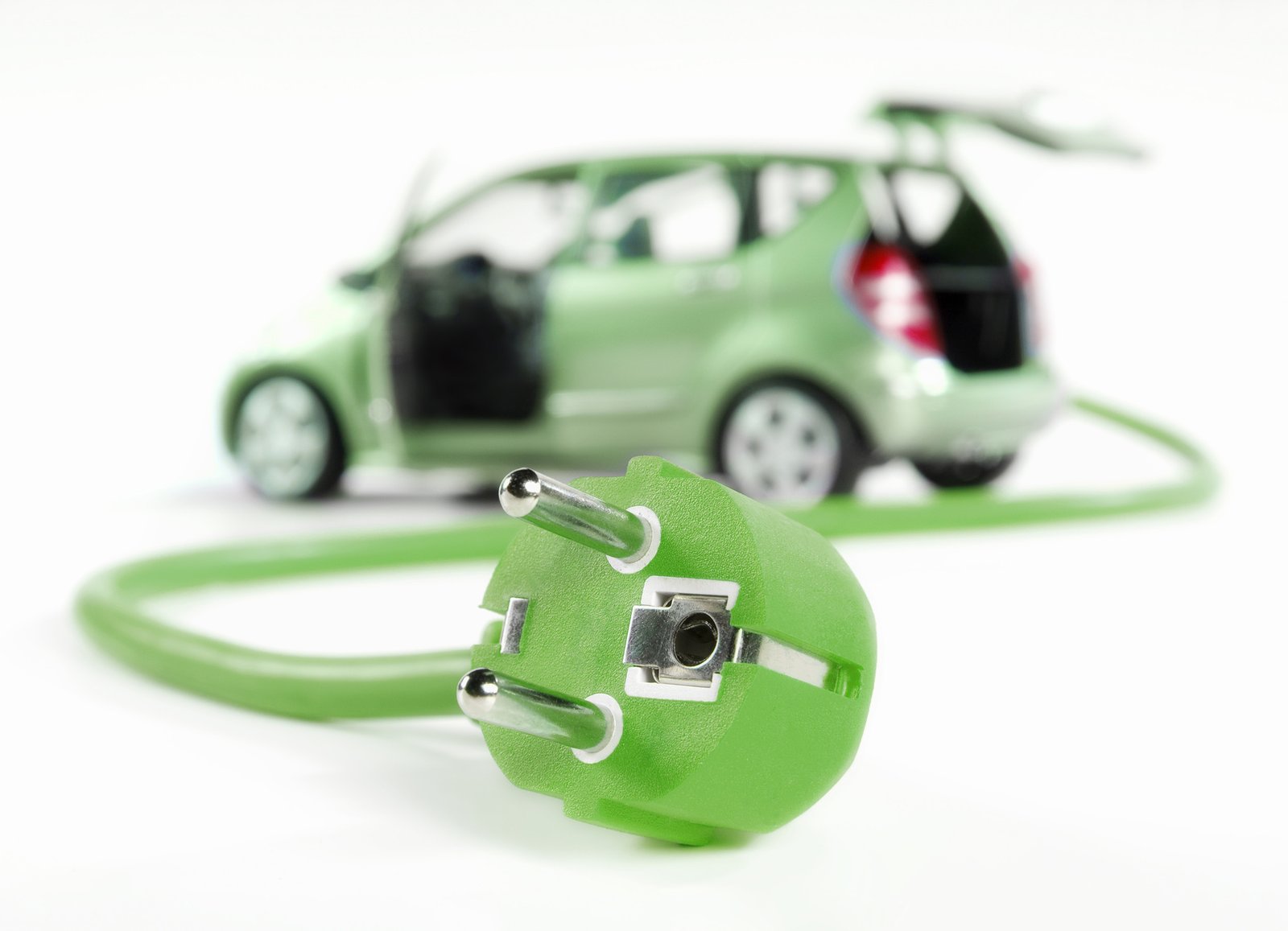
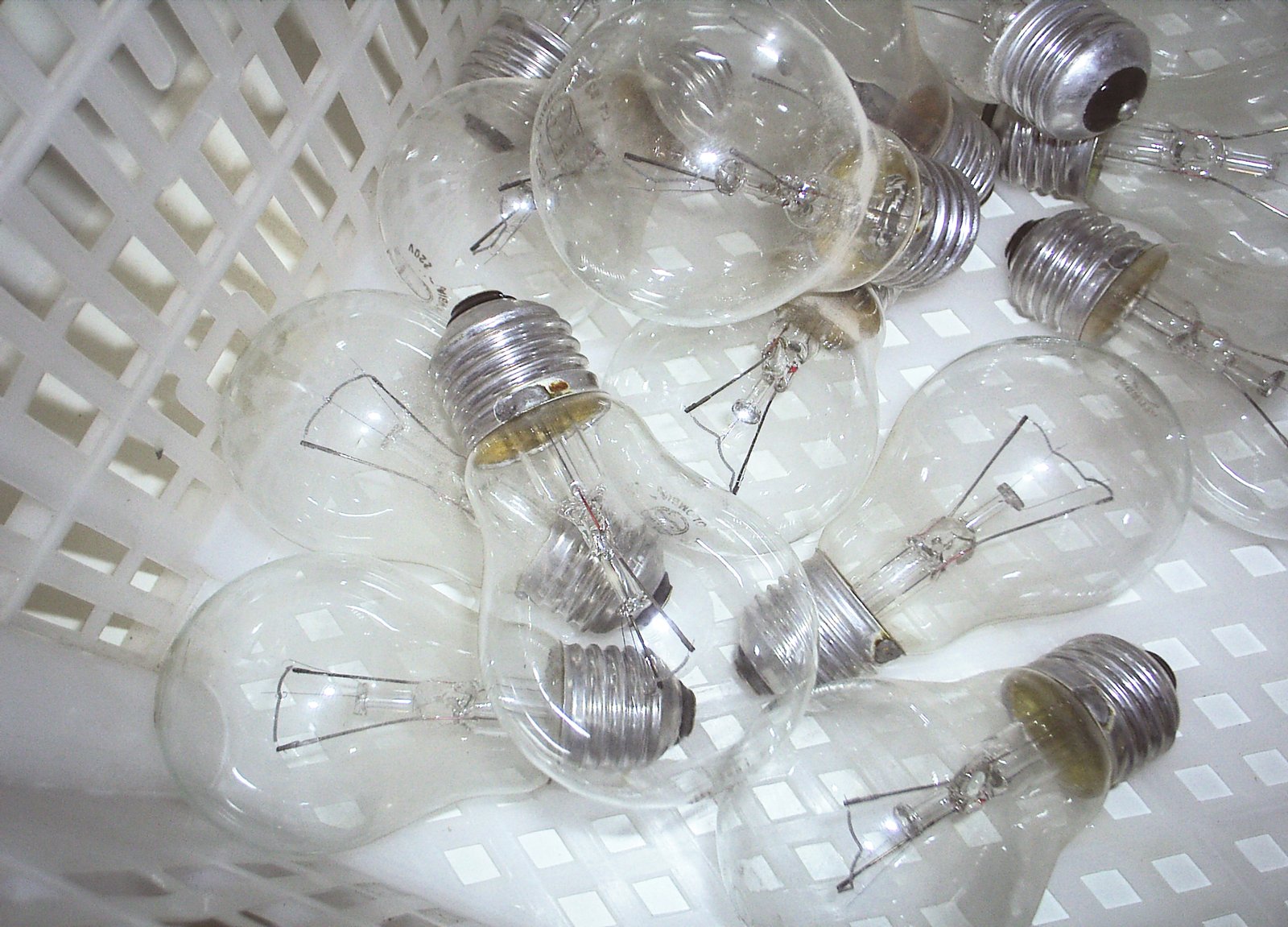
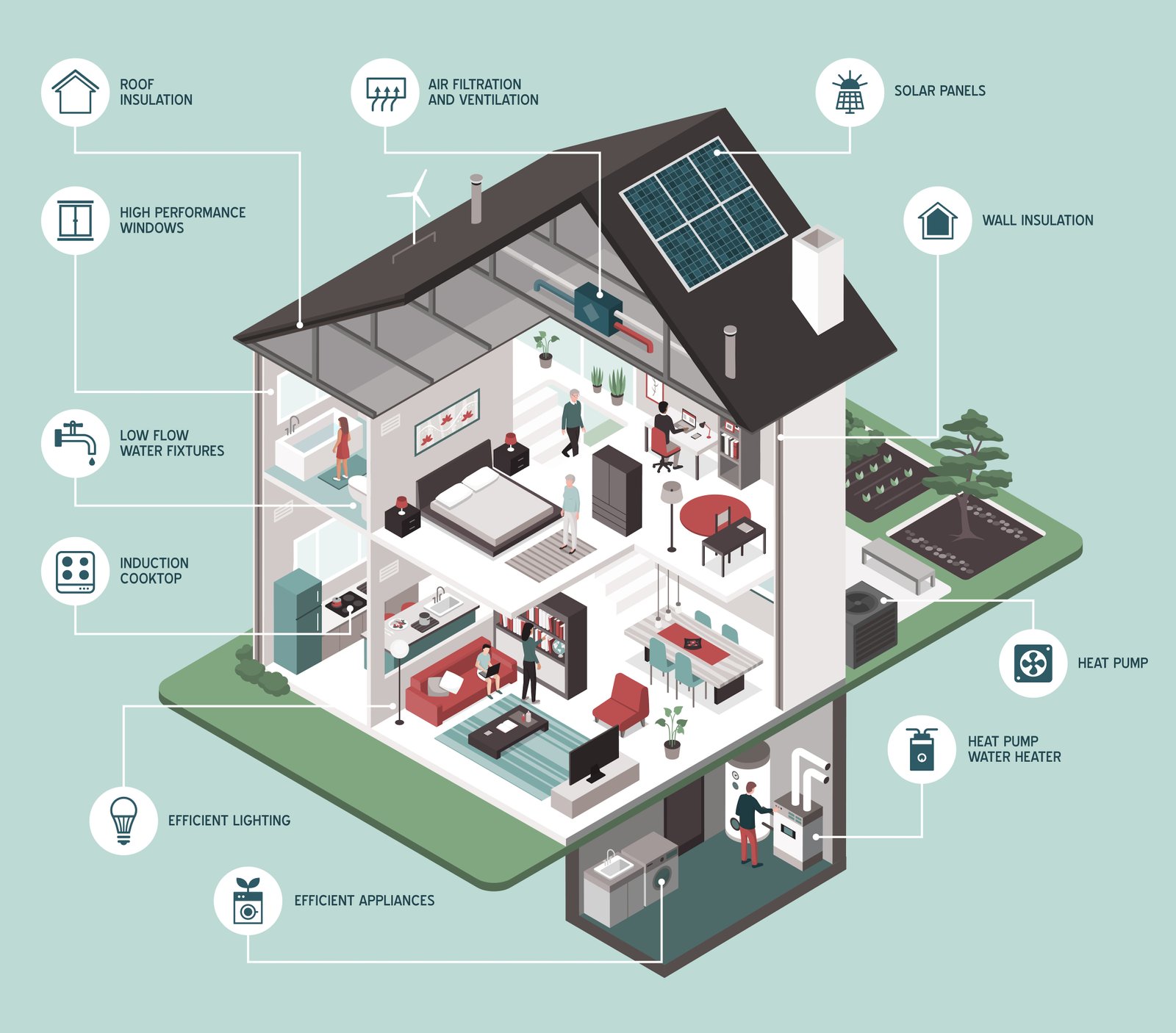
I am glad that people are now moving towards renewable sources of energy. It is good for the environment despite the expense.Installing a home solar system is the best way to beat rising electricity costs. You are also greatly helping our environment by producing clean energy from a renewable source.
Yes that is great! We hope that more and more people will realize that. Regards
I love your blog. 😊👍
Thanks Edward! It’s great to hear that. We hope to continue creating more and more useful and amazing content. Regards